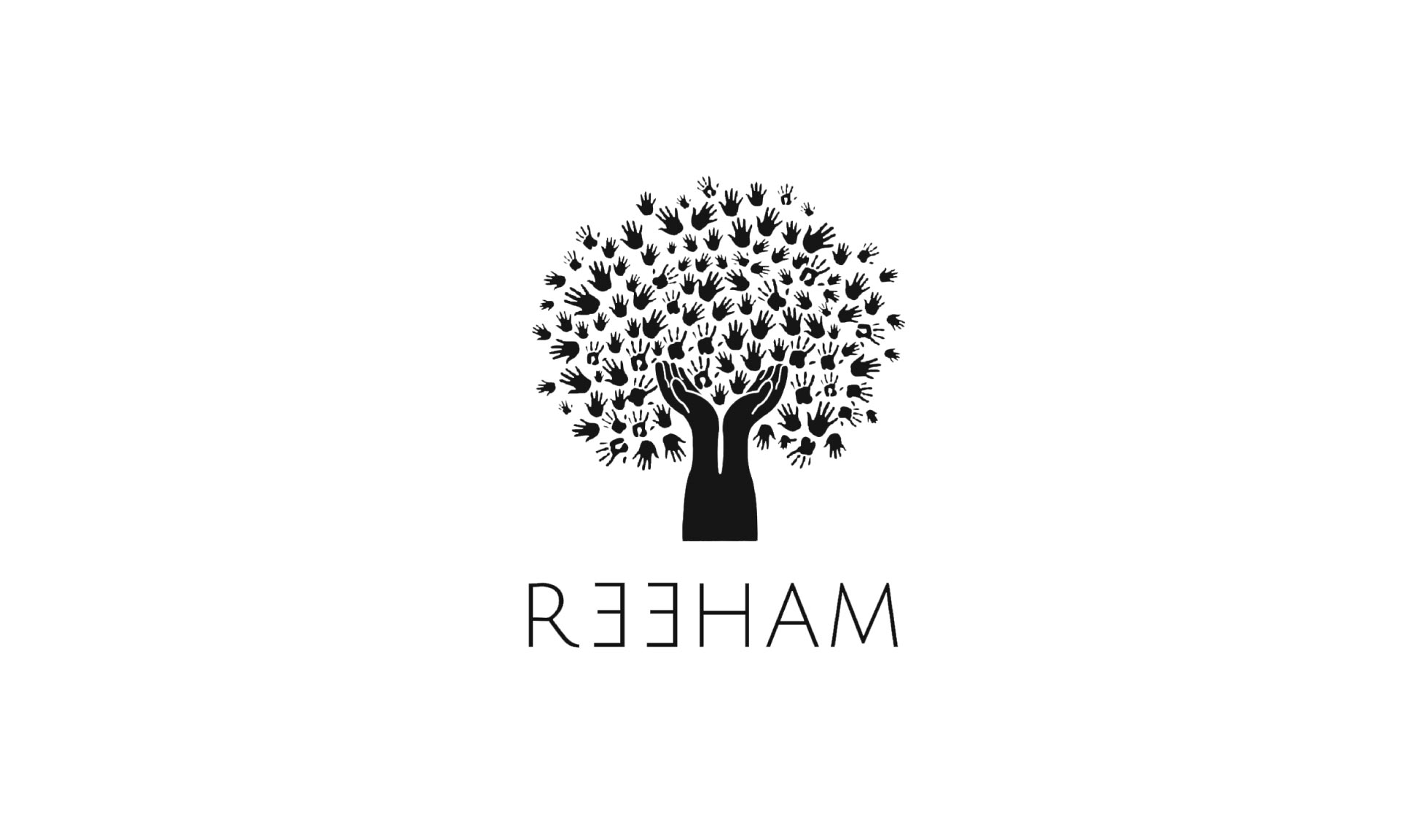Many people associate the name of a brand with certain characteristics and values. They assume that the brand can fulfill specific needs of a customer. In other words, it should be able to trigger a certain emotional state in the customer.
Such is the case with luxury products: The wearers of these brands feel among others especially. (Attention: banal semi-secured statement).
To create a strong brand personality and make a successful brand recognizable, you need more than a name and logo. Rather, it's about the total package in which the brand is wrapped.
In this article, we ask ourselves what are the first steps that lead to brand establishment and how we transformed our coffee brand into a promise.
A brand is a promise.
More precisely, it is supposed to mean a deeper meaning behind the name. These are the values such as "environmentally conscious action or quality at a fair price" (kept simple here). In other words, the characteristics that make a brand recognizable and unique.
Only in this way can it become strong and prevail among its competitors.
People associate names with their own ideas. They form their opinion within a split second and are difficult to change afterwards. Therefore, it is all the more important to make the branding always appear consistent to the outside world. Constantly introducing new traits and changes is more likely to lead to confusion.
The harmonious interplay of name, product and appropriate customer approach determines the success of a brand. But the people behind the brand, such as the entrepreneur, are also interesting for customers. This, too, is part of the brand promise.
No one wants to identify with an impersonal foreign brand. The more authentic the person, the more trustworthy and sought-after the product.
Examples of good brand differentiation
If we stay with coffee, and thus with the food industry, we can reflect the following examples of common brand promises:
- fresh ingredients
- an authentic cuisine
- a fast service
- and of course the taste
The more you appeal to the senses, the easier it is to visualize the brand. How exactly one is actually perceived then remains with the customer.
And it is precisely with these customers that it is important to establish a personal connection. In the end, you're still interacting with people. Among other things, you can win empathy points with:
- Honesty / Transparency
- Friendliness
- Humor
- Helping
At Reeham Café our customers know Maher and his team. The personal connection with him and the relationship he builds with the guests is easier to transfer in person than doing it digitally.

Maher as face of Reeham Coffee brand
Where do the values of a brand come from?
Quite simply - from the brand owner.
Ever asked the question, what is it about a people magnet that makes it have so many friends and acquaintances? Basically, it's the same as with a brand.
It radiates to a certain extent a lifestylean attitude or even feelings. Things that a user can find appealing, because these very characteristics underline his own lifestyle. The brand and the user are on the same wavelength, so to speak.
The first impression counts
Within a second, an attitude builds up when encountering a person or a brand. It's exactly the same with coffee. What should coffee be?
A simple hot drink refined with milk and sugar, which you drink only to the morning routine
or rather...
a literal hot beverage to enjoy together with cake in the circle of friends and families in the afternoon sun? Others associate coffee for a carefree time at work or to relieve stress. It can be a relaxing drink. It warms the spirits and also keeps you awake.
It sounds banal, but it's exactly the second paraphrase that can make the difference with the customer. Visually, colors, patterns and taste play a decisive role. But also the atmosphere and mood form in us the first impression.
With first impressions come expectations. Either these are met or completely missed. Everyone interprets their own version and is then friendly or hostile.
Ultimately, this means whether or not a customer places his trust in us. We try to win this with the help of countless measures. In the online store, this would be a product description as follows.
Examples
A negative example in the product description:
We are a premium coffee brand with years of experience in the art of coffee roasting. We are able to achieve more than 1000 aroma levels with the help of our high quality coffee roasting machine. We can produce and pack up to 3 tons of freshly roasted coffee daily. Our coffee is most suitable for café, restaurants and offices. The taste is unique and resembles a premium coffee.
And here is a positive example.
CBD coffee is a purely natural drink that can help you find your inner peace and relaxation on stressful days. At Reeham you will find the right offer that will emphasize your advantage X. We have also made sure that only high quality CBD oil is used. After all, we stand for the fact that nothing stands in the way of carefree enjoyment.
From the latter example, you can clearly perceive the brand with actual promise.
...and if you are interested in our CBD coffee, feel free to click here
The brands personality
For many products, it is crucial who is actually behind the brand and how it presents itself.
This means not only on the outside, but also in their actions. Food companies can tell an interesting story about producers and farmers, but also about the culture of the growing country. Not every product has the potential to tell a gripping story.
But how exactly the products are handled and how they are processed from the retailer's point of view can already arouse interest. Even small nuances can quickly develop into the advantage of a brand personality.
People love the personal behind a brand. Because people still buy from people. Even if the brand is not a person, as a consumer you still want to get to know the people behind it.
The advantages of strong branding
Strong branding helps us stand out from the competition and thus secure a place in the market. Without it, it becomes difficult to survive as a healthy company. We give customers a reason why we are exactly the right partner for the product.
As explained above, branding helps us to communicate our values to the outside world and thus build resonance with our customers. Coffee can be seen as a lifestyle product.
As long as the product can convince beyond the product characteristics, the customer finds himself confirmed in his own values and ideally gives us his trust. He has thus stored the approximate character traits of the coffee product.
So what exactly are the values, vision, mission, attributes and activities that make for strong branding?
The values
With values or value concepts, the views of a company come to the fore. That is, they are things for which one stands and which one believes to be right.
The vision
With the vision, a company sets itself a major goal or a desired current state that lies in the distant future. In its daily activities, it has this vision before its eyes and aligns its actions accordingly.
The mission
With the mission, the company sees its task to change something or to do something in this sense. Mission goals help us work with focus every day. They communicate the what with whom and why. In times of digitalization and modern management, Anne M Schüller has extensive info on contemporary leadership.
The characteristics and actions of a brand
The characteristics already mentioned, such as brand personality and also actions, mean little if they are not communicated consistently at the corporate level, both internally and externally.
It becomes more difficult when more than a handful of employees work with the brand. It is therefore recommended that the team is hand in hand on the same wavelength with its customers and carries this outwards in the same way.
Good branding is part of positioning
An interesting point that many companies underestimate is their own brand positioning.
It helps the team and also the customers understand what a product is about and what problem the product can solve. Deep exploration of both topics leads to the stronger brand foundation and guides all brand participants in the same direction.
Conclusion: Invest in branding
Once you've managed to gain the trust of your target audience, there's little persuasion standing between a purchase.
An intermediary such as a supermarket is then only considered a secondary distributor. The main distribution then actually lies directly in the company's own store.
Such a D2C Business (Direct-to-consumer) is not only more profitable in terms of costs, but also offers more control over brand communication and sales.



